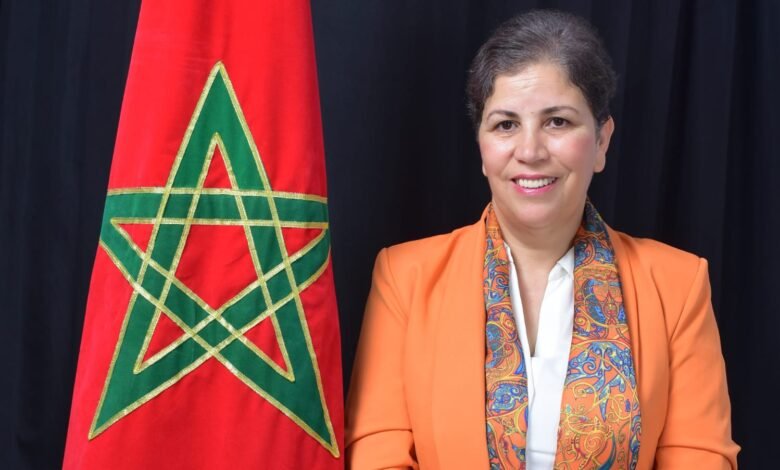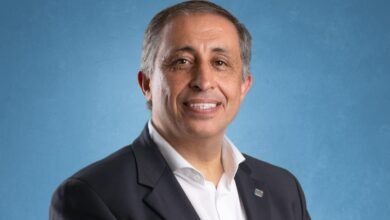Science with Impact and Integrity: Khadija Bendam Exemplifies Women’s Leadership in Nuclear Science in Africa

By Karima Rhanem, Senior Managing Editor
In a sector often misunderstood and stereotyped, Ing. Khadija Bendam brings clarity, leadership, and purpose to the role of women in nuclear science. As 1st Vice President of the International Nuclear Societies Council and President of Women in Nuclear Morocco, she is a strong advocate for women’s leadership in scientific advancement across Africa.
“The nuclear sector is often misunderstood or stereotyped,” Bendam stated. “Women can play a transformative role by becoming ambassadors of nuclear science—not just as engineers or physicists, but as educators, communicators, and leaders.”

She highlights the importance of visibility in changing perceptions. “Visibility matters: when young people see women leading safely in nuclear fields, it shifts narratives and builds trust.” Her message is rooted in a broader vision for Africa. “Africa needs strong advocates for peaceful nuclear applications in energy, health, water management, and agriculture.”
According to Bendam, women offer valuable qualities to the governance of nuclear technologies. “Women bring empathy, multidisciplinarity, and long-term thinking to the table—traits essential for responsible governance of nuclear technologies.” She adds, “Strategic capacity-building, mentorship, and policy engagement are also key. It’s time to move from token representation to active leadership.”
In 2022, Bendam launched a pioneering initiative in partnership with the IAEA. “In 2022, I founded the international initiative WINEPRI (Women in Nuclear in Emergency Preparedness and Response Initiative), in partnership with the IAEA. WINEPRI aims to empower women in the critical field of nuclear emergency preparedness and response. It operates as a specialized expert group under Women in Nuclear Global, active in 150 countries, where I serve as an executive board member. This initiative promotes meaningful female participation in areas where their voices remain underrepresented.”
She also calls for a broader transformation in how science is taught and practiced. “We must rethink science—not just as lab work or equations, but as a tool to solve real human challenges.” She believes solutions for Africa’s development lie in inclusive and interdisciplinary approaches: “Africa’s pressing issues—such as energy access, food security, and climate resilience—require collaborative, interdisciplinary solutions that bring together diverse voices and expertise.”
As the Growth Women Summit approaches, Bendam’s presence offers inspiration and intention. “My presence symbolizes both recognition and responsibility. It’s a signal that women from emerging markets have a voice and a stake in shaping the global scientific agenda… Representation is power, and we must use it wisely.”





